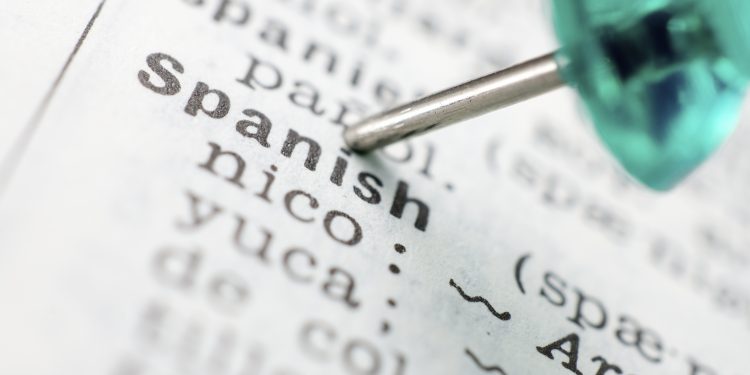Naco is a derogatory term with racial and class roots that Mexicans use to describe people whose manners and tastes are considered to pertain to the lower classes.
The word apparently originated in colonial times and referred to an indigenous servant of the Spanish gentry. In modern times, its use has become more widespread and its application broadened to include anyone deemed to show a lack of education in their use of language, taste in music, food, cars—or anything else.
It can be used as a noun or an adjective, although with members of the middle and upper-middle classes applying it liberally to each other, the adjectival form is now probably more frequent. Its use became so common, that the superlative naquísimo is employed to deal with more egregious lapses of etiquette.
Naco’s social opposite is the dainty fresa—originally applied to the spoiled (usually female) children of the monied classes, who wouldn’t wish to be seen dead on public transport, for example. That has also been extended, and now includes anyone who’s touchy about tastes, and possibly allergic to all known germs. Naco can apply to women in the feminine form naca, and fresa can be applied to males with no change in ending.
Neither naco, nor fresa, has a single equivalent in English. In some cases, “redneck,” or “hick” would apply to the former, and “yuppy” to the latter, but the application is too specific to capture all the Mexican possibilities.
The outburst “no seas naco/naca” (“don’t be naco/naca”) is often preceded or followed by the manifestly fresa and evidently meaningless interjection “o sea.”
Because of the class aspect, a person who happens to have a lot of money, but is still a bit of a philistine, doesn’t escape the epithet of naco, either; and distasteful shows of opulence can merely make one a naco con lana — naco with money. This expression also says a fair amount about the sensitivities of the fresas and their misunderstanding about the virtues or source of their wealth.
You shouldn’t have to spend too long in Mexico before coming across these words, but if you’re impatient for practical examples, here are some things you can do to prompt someone into uttering them:
To hear “No seas naco”
- Wear the collar of your shirt outside the collar of your jacket;
- Burnout the clutch on an incline rather than use the handbrake;
- Play a lot of norteño music, and tap your foot or even sing along;
- Squeeze into a seat on a Metro train car or bus and start nodding off, leaning to one side or the other and forcing your neighbors to readjust their position every couple of minutes.
To hear “Ay, qué fresa”
- Tell people you have Shakira or Luis Miguel on your iPhone;
- Loudly mention important people you know;
- Break out the hand gel every time you touch anything on the street;
- Fan your face in the elevator even if it’s not hot out.
Mexico in your inbox
Our free newsletter about Mexico brings you a monthly round-up of recently published stories and opportunities, as well as gems from our archives.




In Australia, the equivalent of naco is “bogan”. The description of naco in the article fits the concept of “bogan” absolutely perfectly! So pleased that I now know the Spanish word!
Not a Spanish word, this is Mexican slang. Other countries have their own terms: garrulo, jíbaro, polo, grasa, etc.